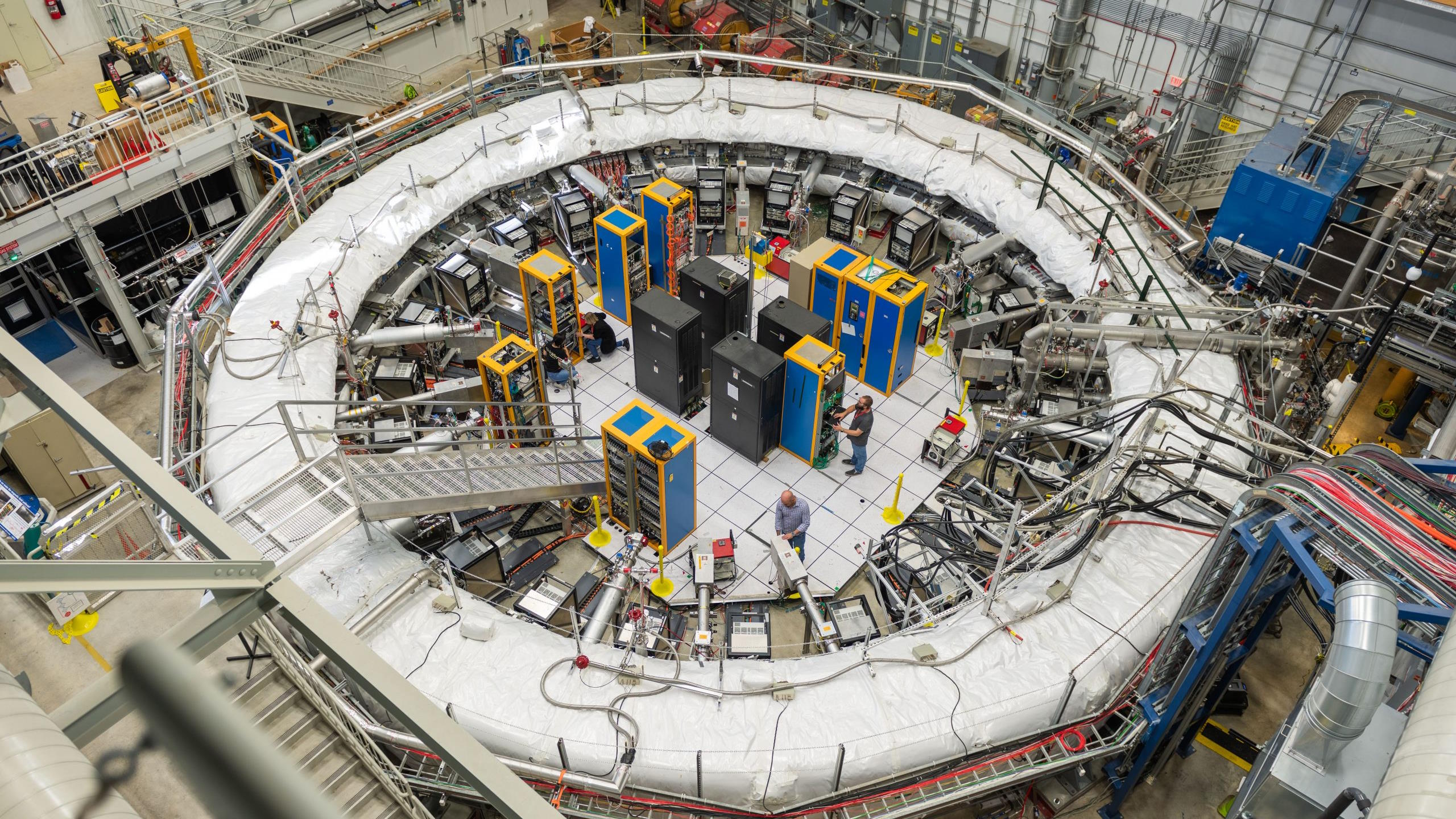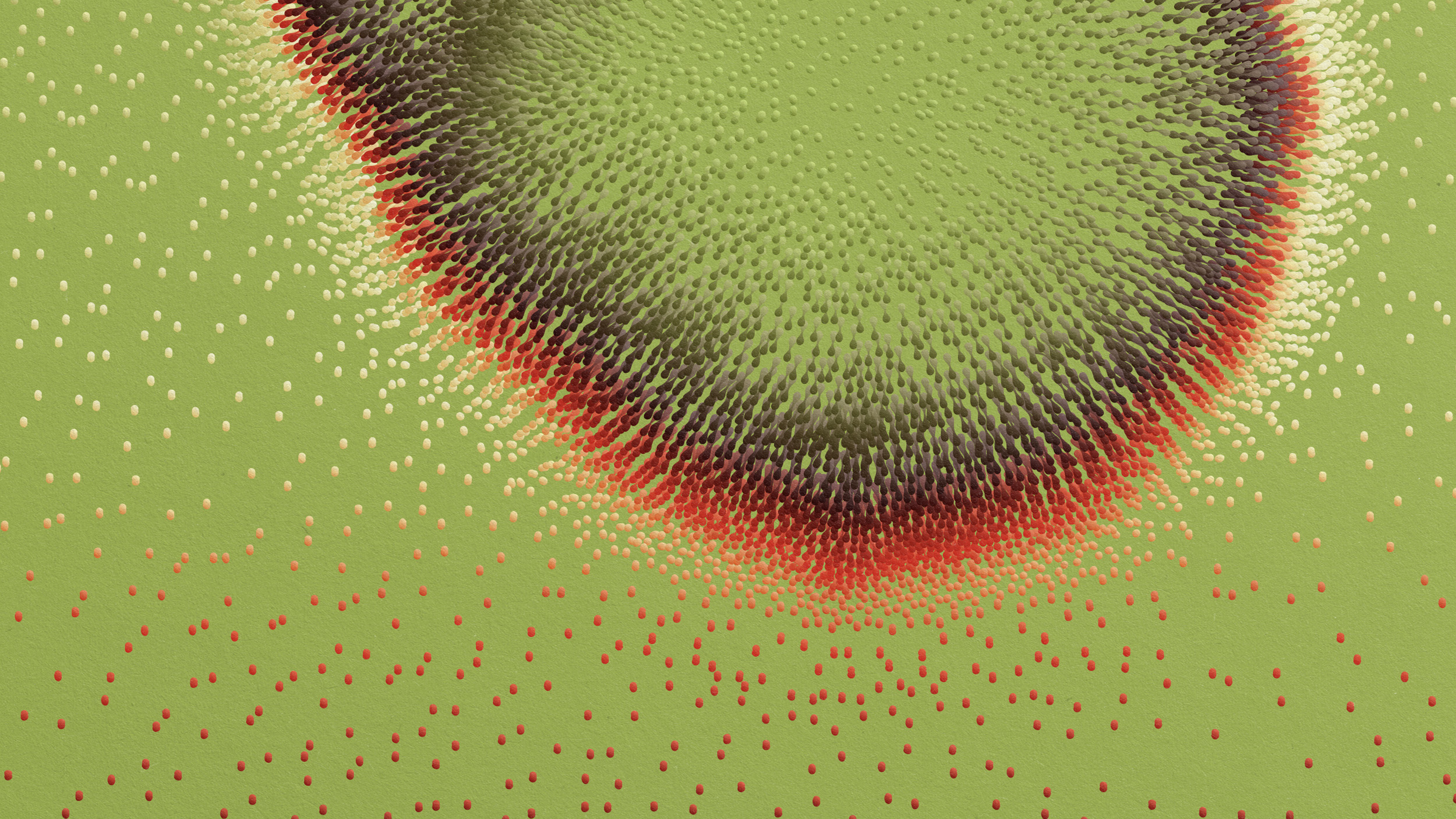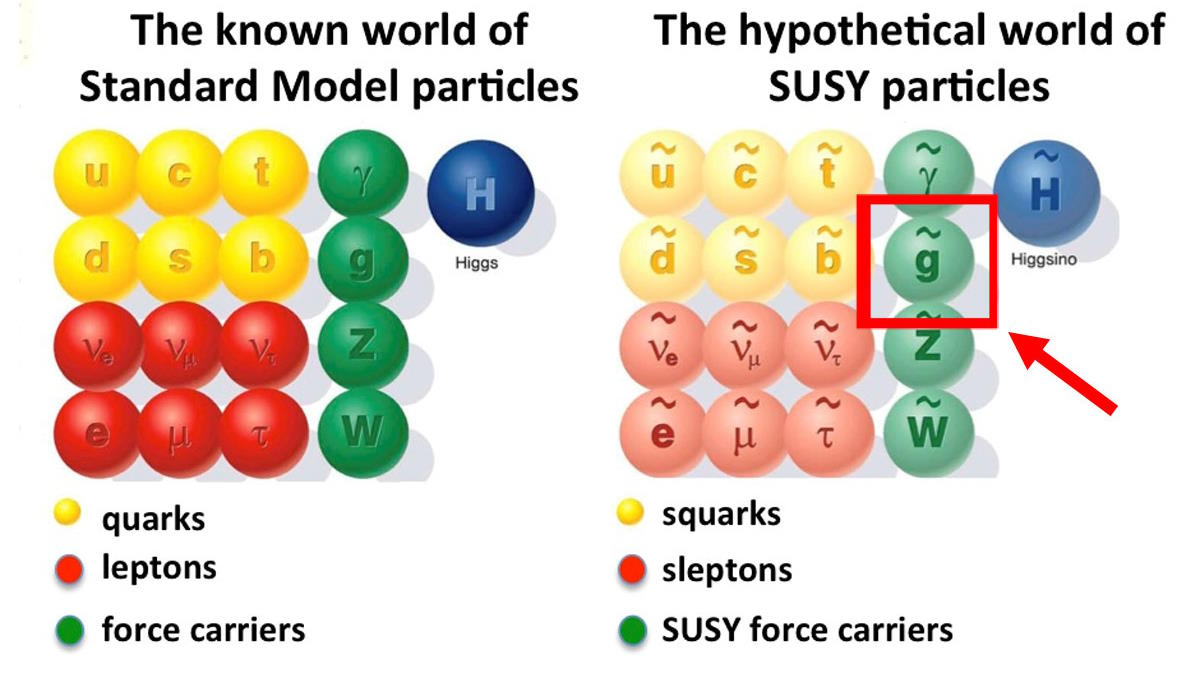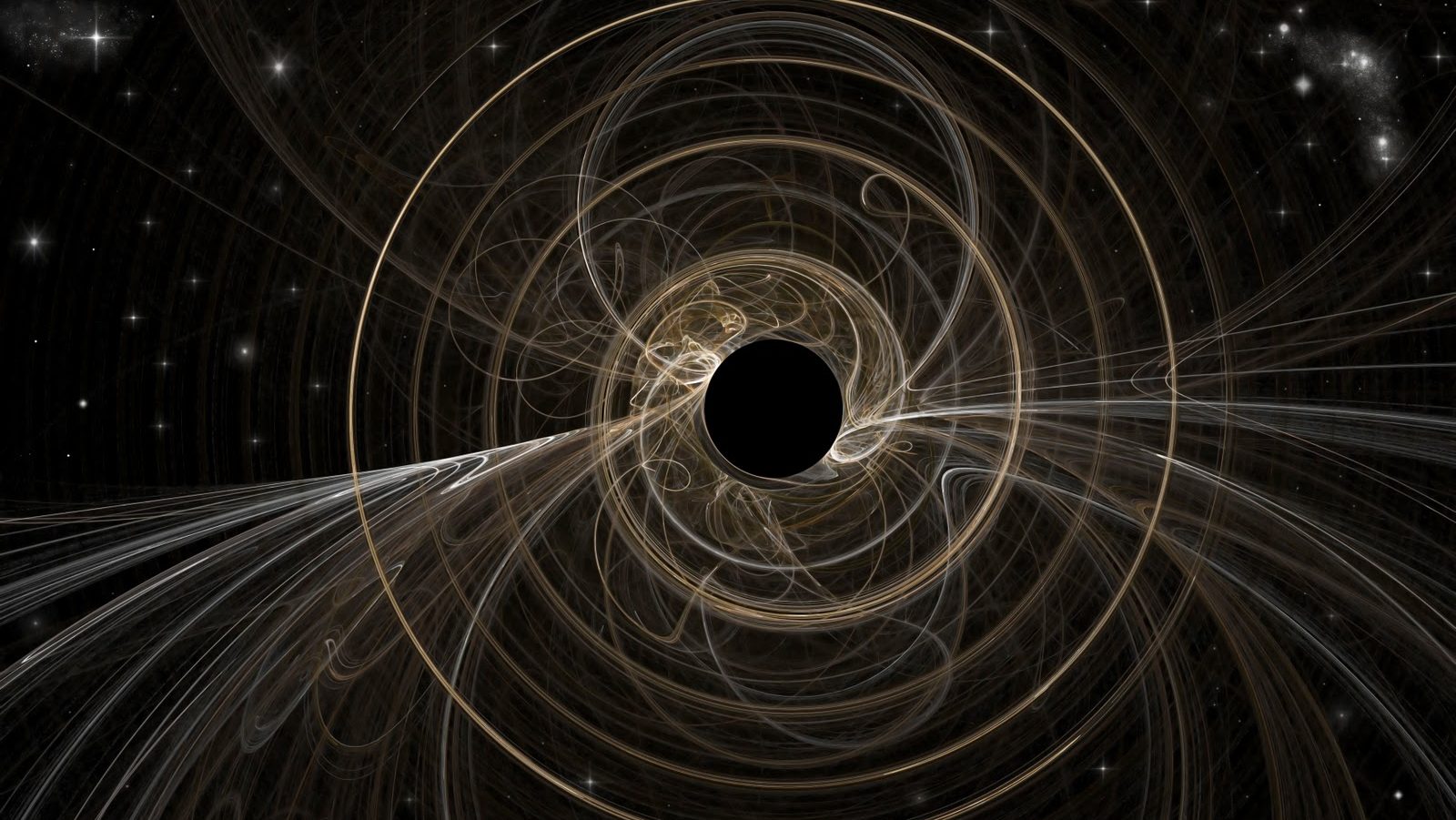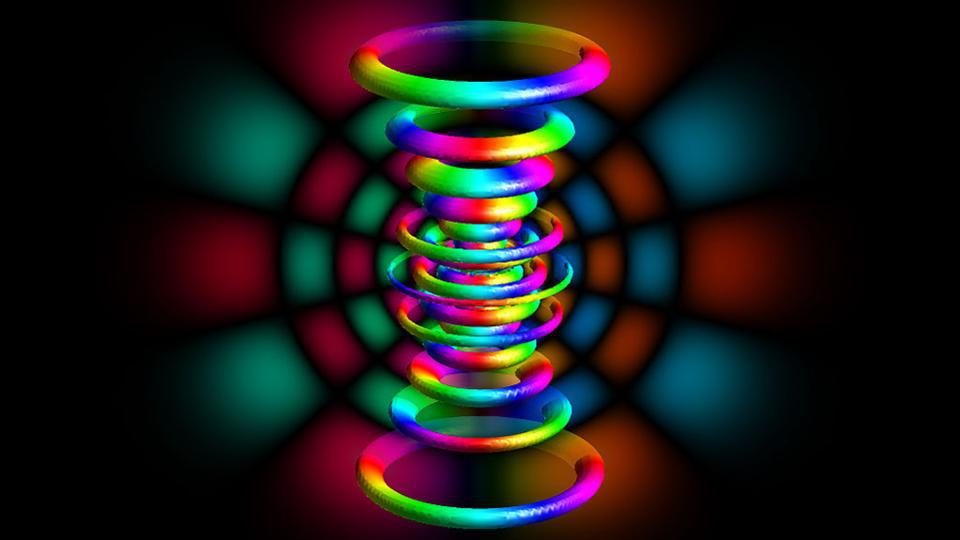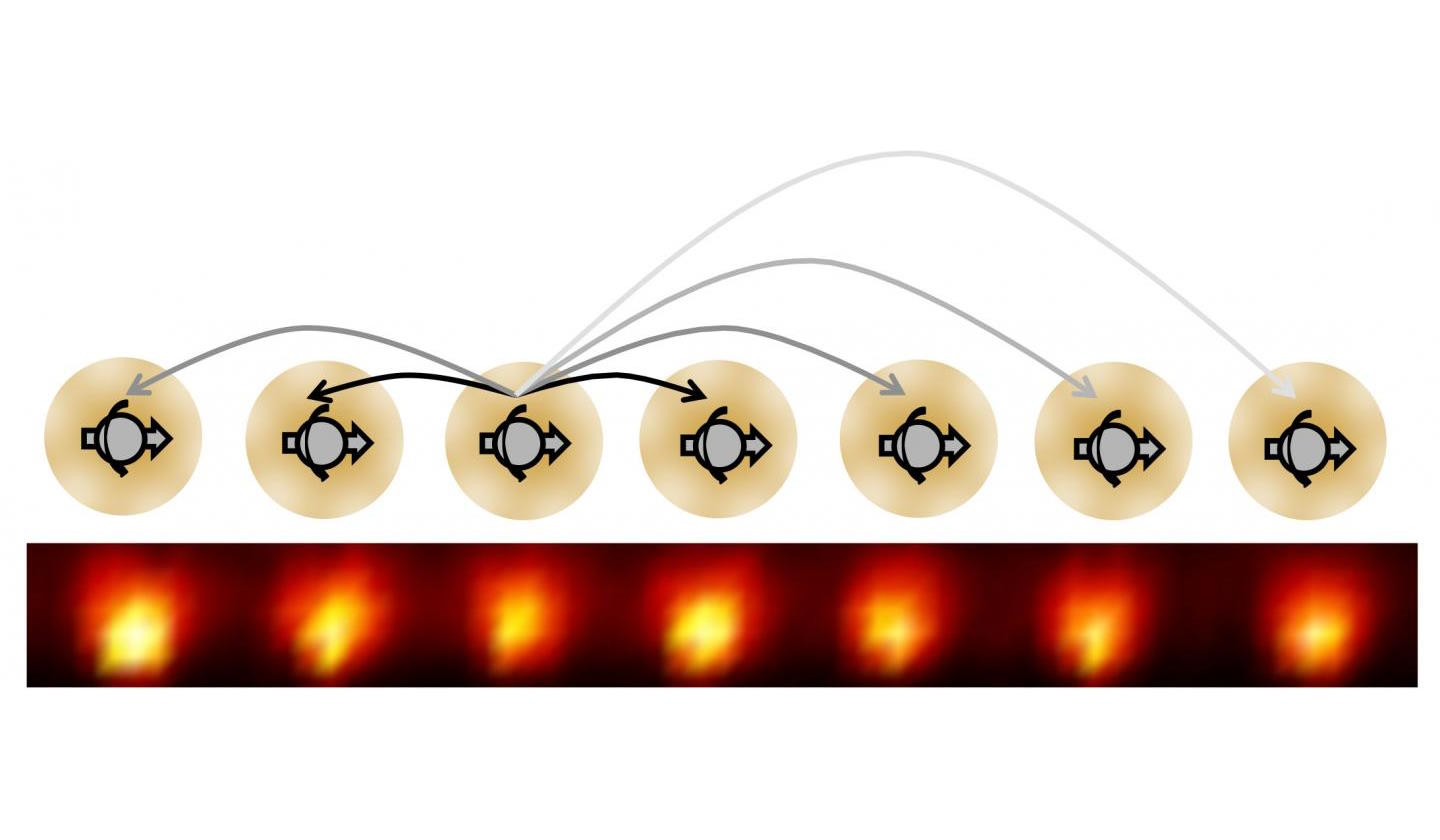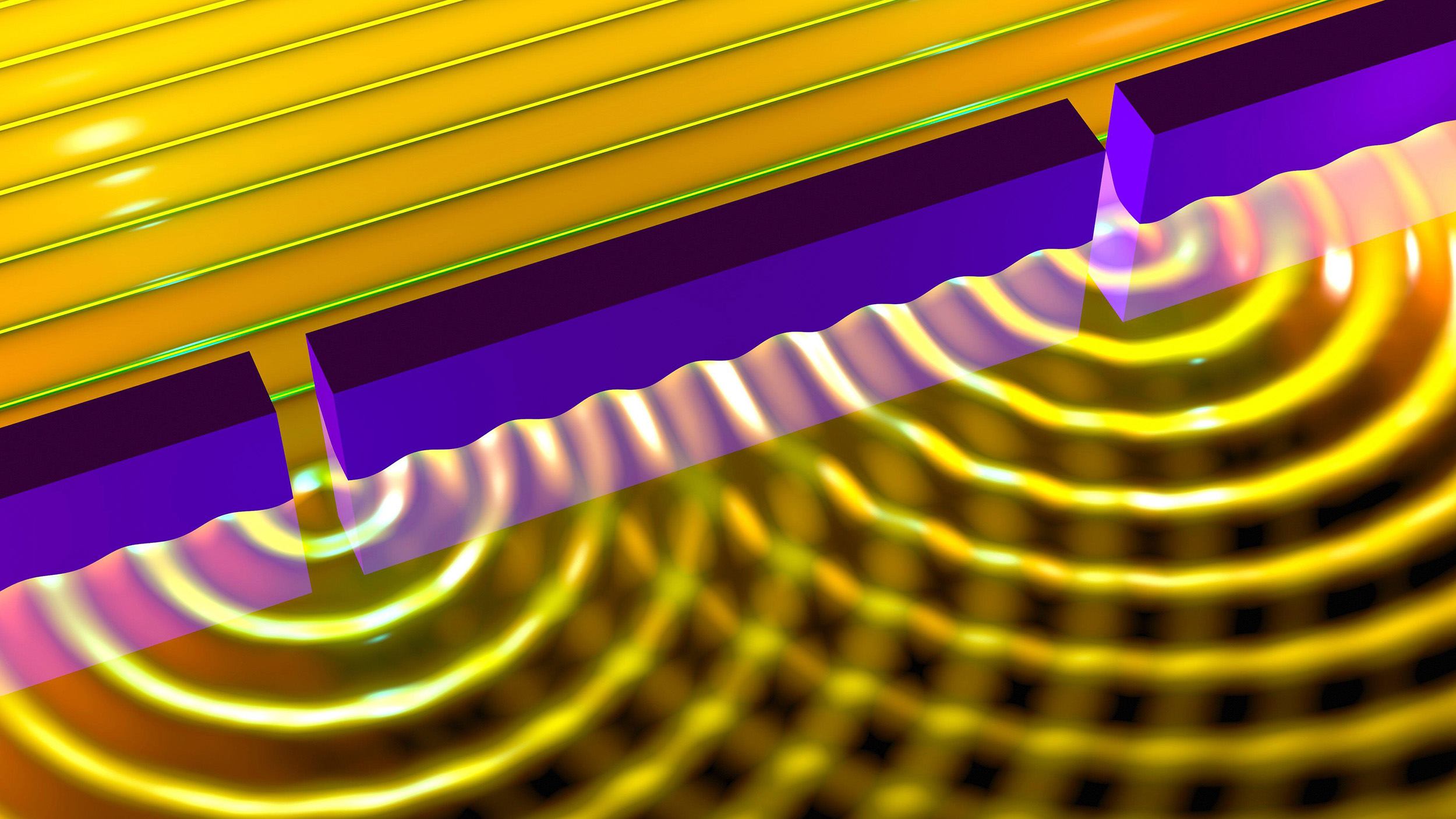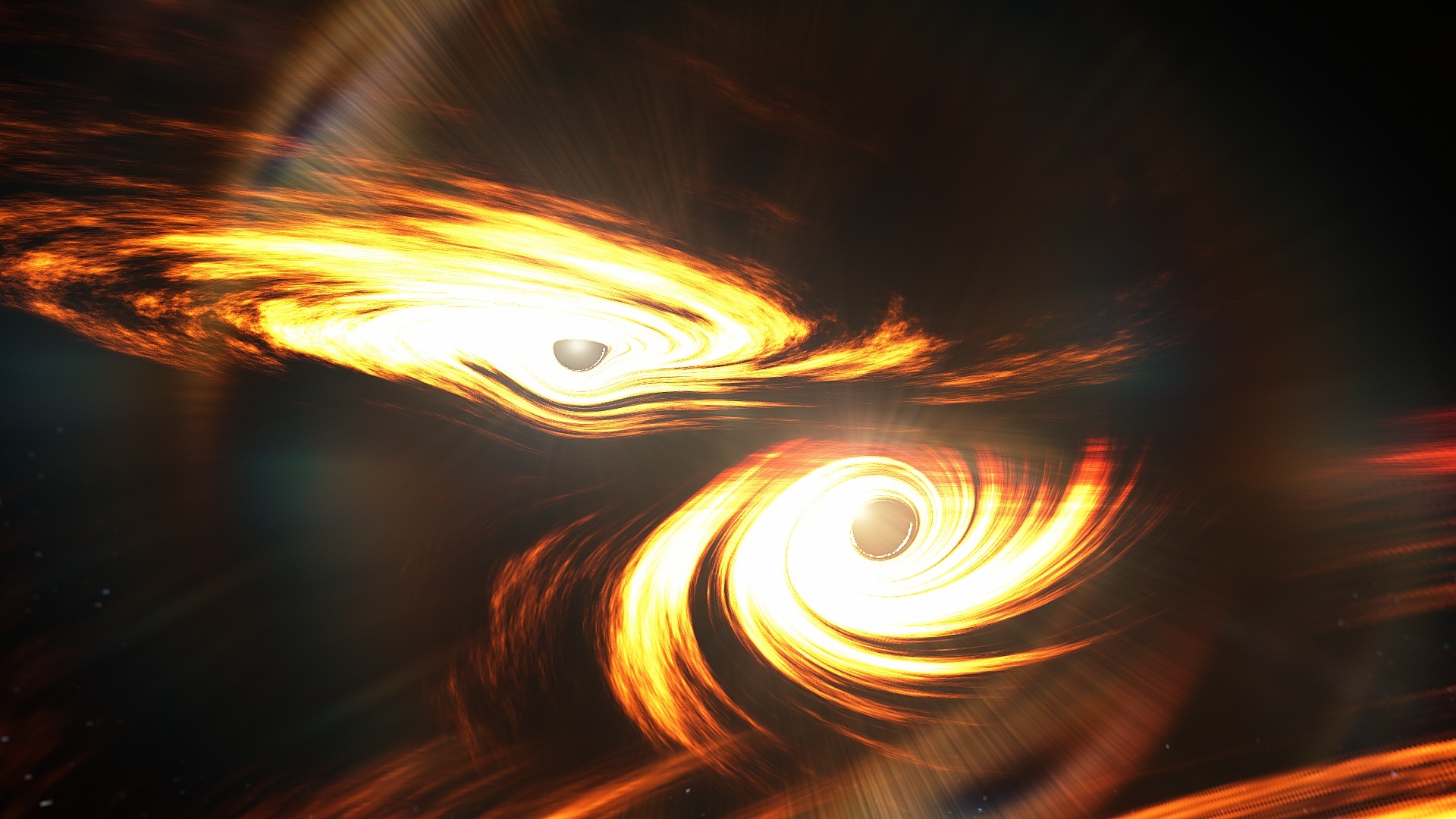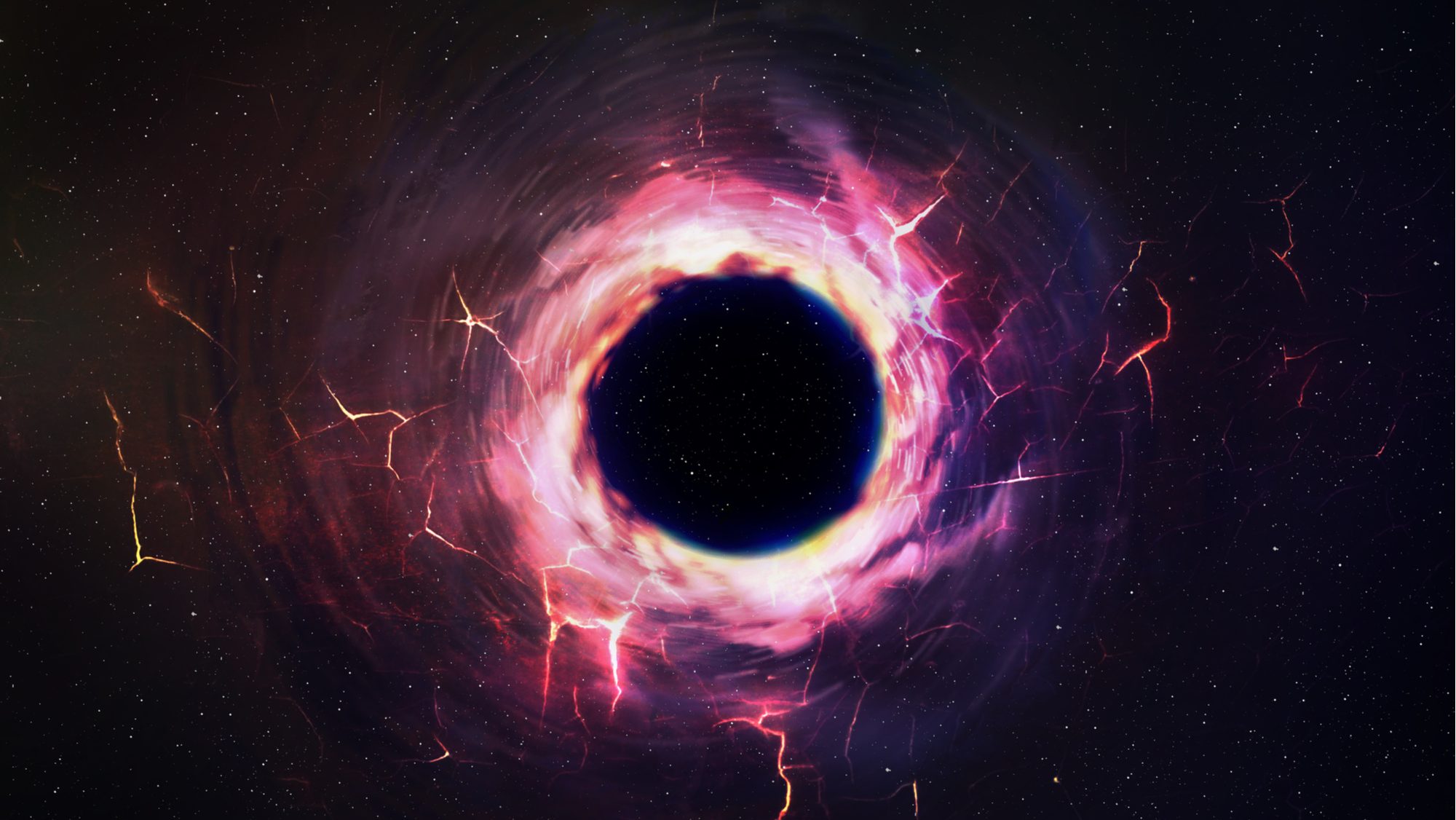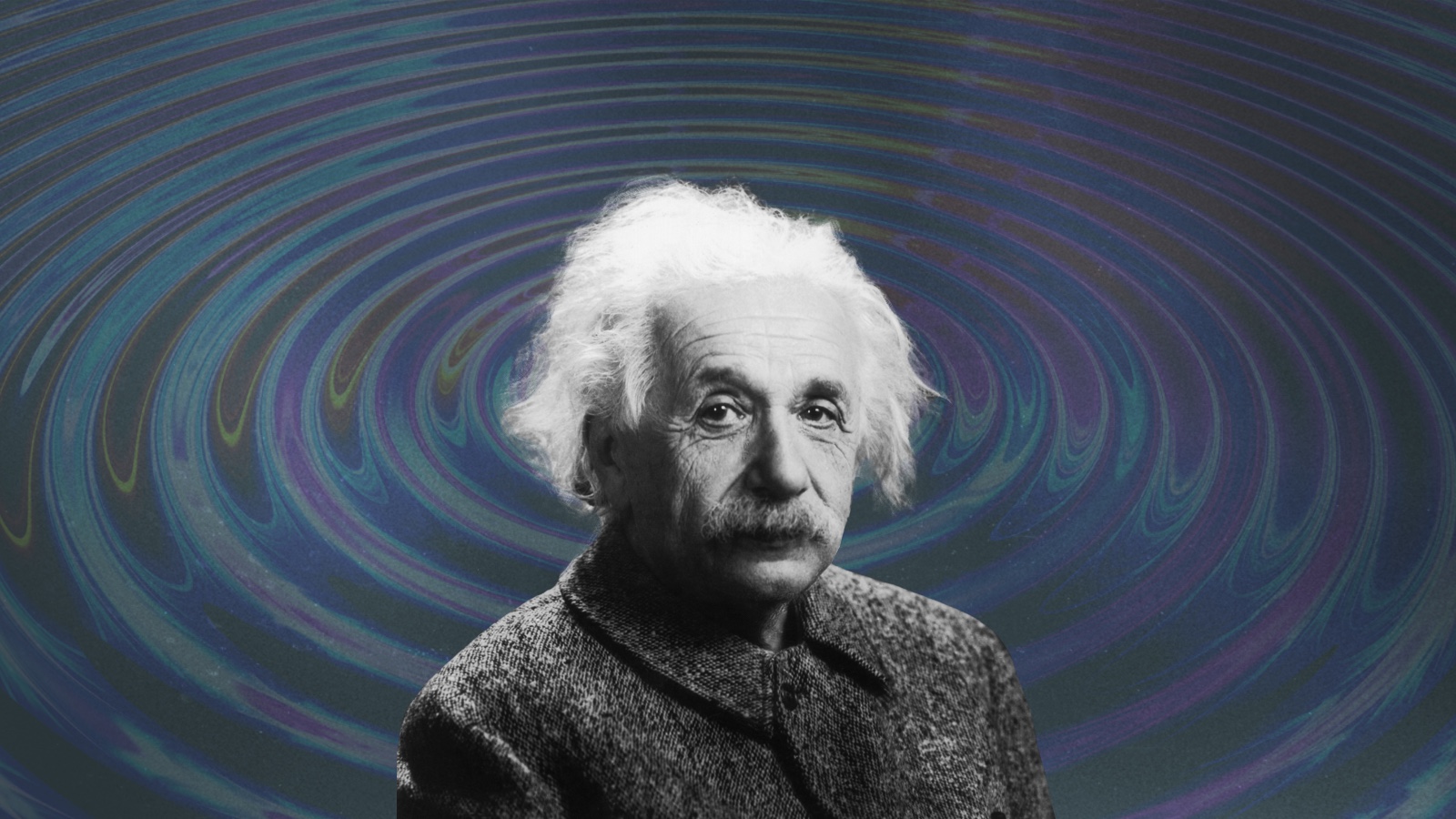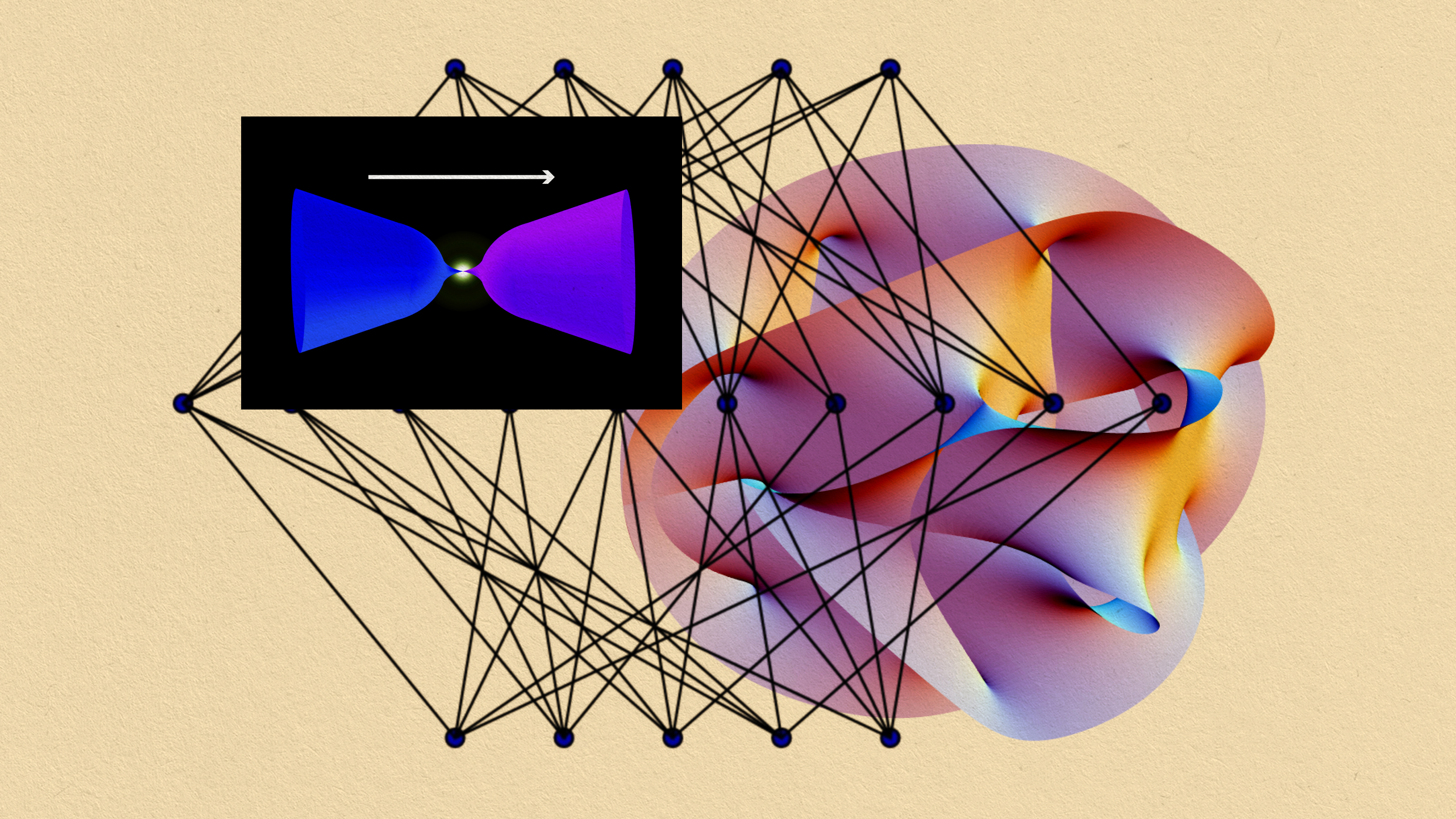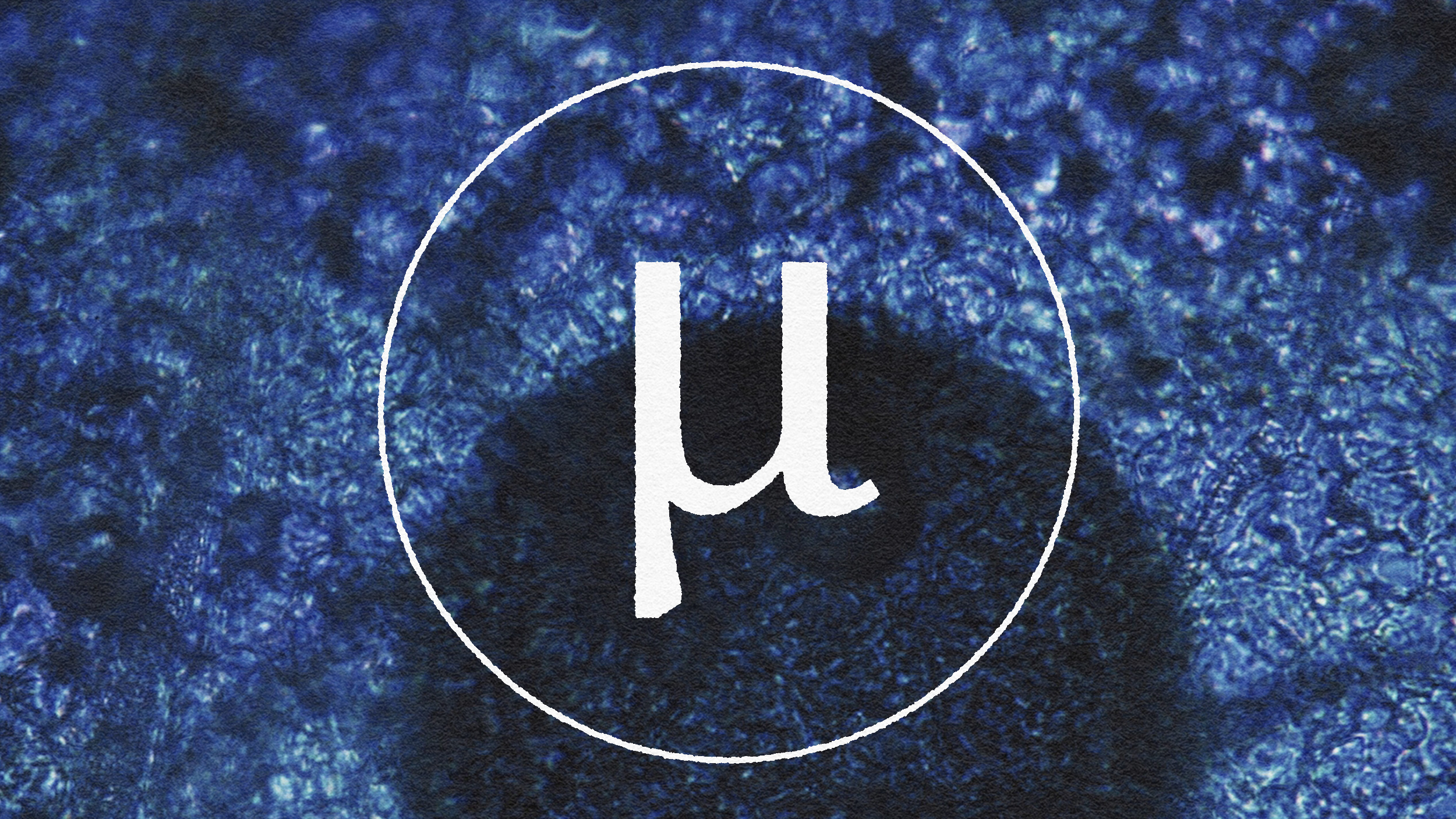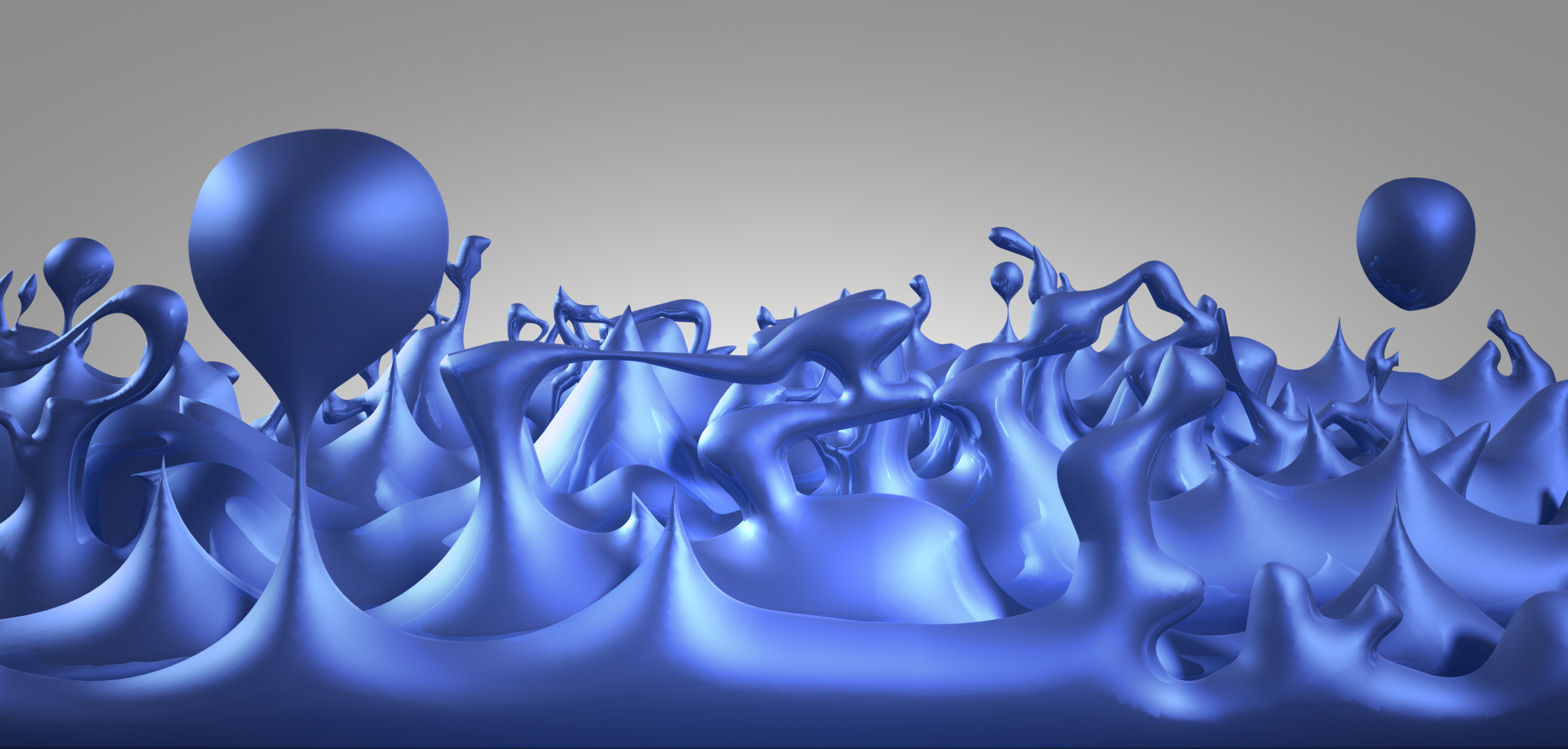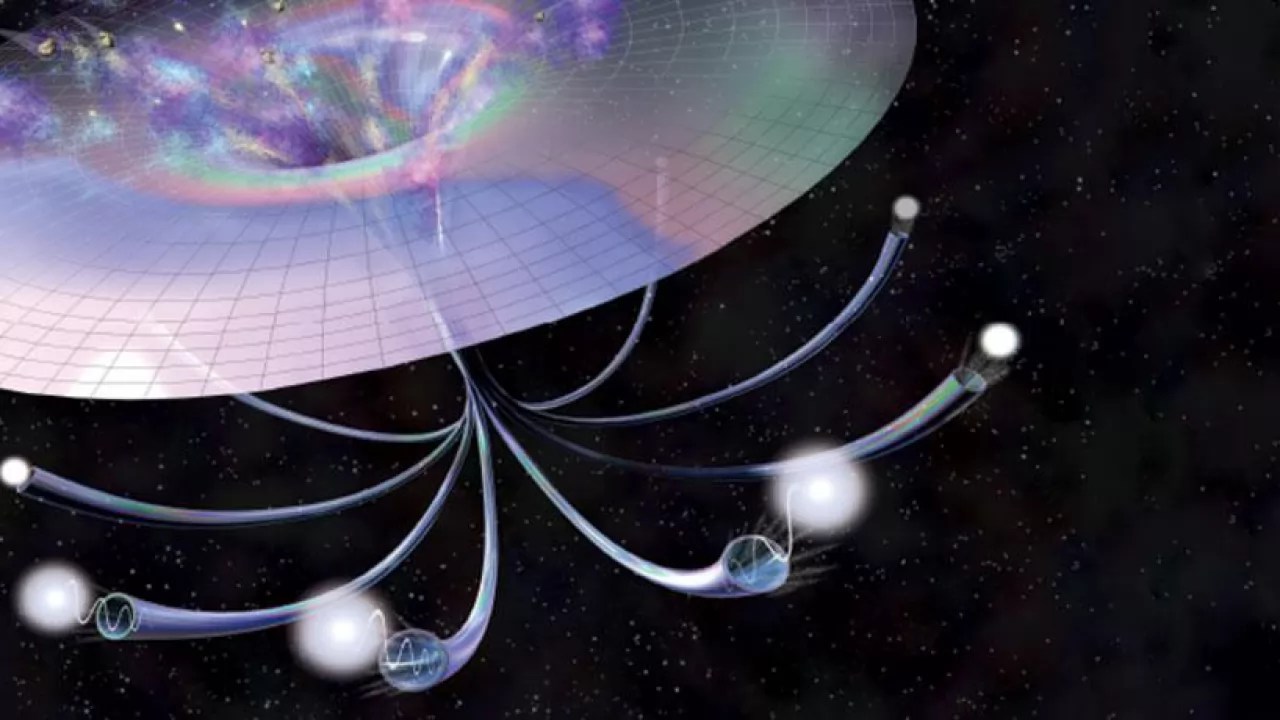A longstanding mismatch between theory and experiment motivated an exquisite muon measurement. At last, a theoretical solution has arrived.
Search Results
You searched for: quantum
Quantum physics is starting to show up in unexpected places. Indeed, it is at work in animals, plants, and our own bodies.
In all the Universe, only a few particles are eternally stable. The photon, the quantum of light, has an infinite lifetime. Or does it?
Don’t fall into the determinism trap. Everything is, in fact, random, says chemist Lee Cronin:
▸
3 min
—
with
Almost 100 years ago, an asymmetric pathology led Dirac to postulate the positron. A similar pathology could lead us to supersymmetry.
Physicists just can’t leave an incomplete theory alone; they try to repair it. When nature is kind, it can lead to a major breakthrough.
In all the Universe, only a few particles are eternally stable. The photon, the quantum of light, has an infinite lifetime. Or does it?
It’s not about particle-antiparticle pairs falling into or escaping from a black hole. A deeper explanation alters our view of reality.
Quantum uncertainty and wave-particle duality are big features of quantum physics. But without Pauli’s rule, our Universe wouldn’t exist.
Even with quantum teleportation and the existence of entangled quantum states, faster-than-light communication still remains impossible.
Everything acts like a wave while it propagates, but behaves like a particle whenever it interacts. The origins of this duality go way back.
Are quantum fields real, or are they simply calculational tools? These 3 experiments show that if energy is real, so are quantum fields.
All matter particles can act as waves, and massless light waves show particle-like behavior. Can gravitational waves also be particle-like?
From forming bound states to normal scattering, many possibilities abound for matter-antimatter interactions. So why do they annihilate?
The matter that creates black holes won’t be what comes out when they evaporate. Will the black hole information paradox ever be solved?
Practically all of the matter we see and interact with is made of atoms, which are mostly empty space. Then why is reality so… solid?
When it comes to predicting the energy of empty space, the two leading theories disagree by a factor of 100 googol quintillion.
One of the 20th century’s most famous, influential, and successful physicists is lauded the world over. But Feynman is no hero to me.
Einstein tried to disprove quantum mechanics. Instead, a weird concept called entanglement showed that Einstein was wrong.
How are we to deal with the quantization of spacetime and gravity?
The Multiverse fuels some of the 21st century’s best fiction stories. But its supporting pillars are on extremely stable scientific footing.
Experiments tell us quantum entanglement defies space and time.
When black holes disappear, what happens to the stuff that fell in? Physicist Brian Cox explains.
▸
13 min
—
with
Discrepancies between observations and theory regarding subatomic particles called muons may force scientists to rethink the quantum world.
Gravity defies quantum mechanics. What does that mean for a theory of everything?
▸
6 min
—
with
The very word “quantum” makes people’s imaginations run wild. But chances are you’ve fallen for at least one of these myths.
To Einstein, nature had to be rational. But quantum physics showed us that there was not always a way to make it so.
There is no such thing as a void in the Universe.
If nature were perfectly deterministic, atoms would almost instantly all collapse. Here’s how Heisenberg uncertainty saves the atom.
When cosmic inflation came to an end, the hot Big Bang ensued as a result. If our cosmic vacuum state decays, could it all happen again?
